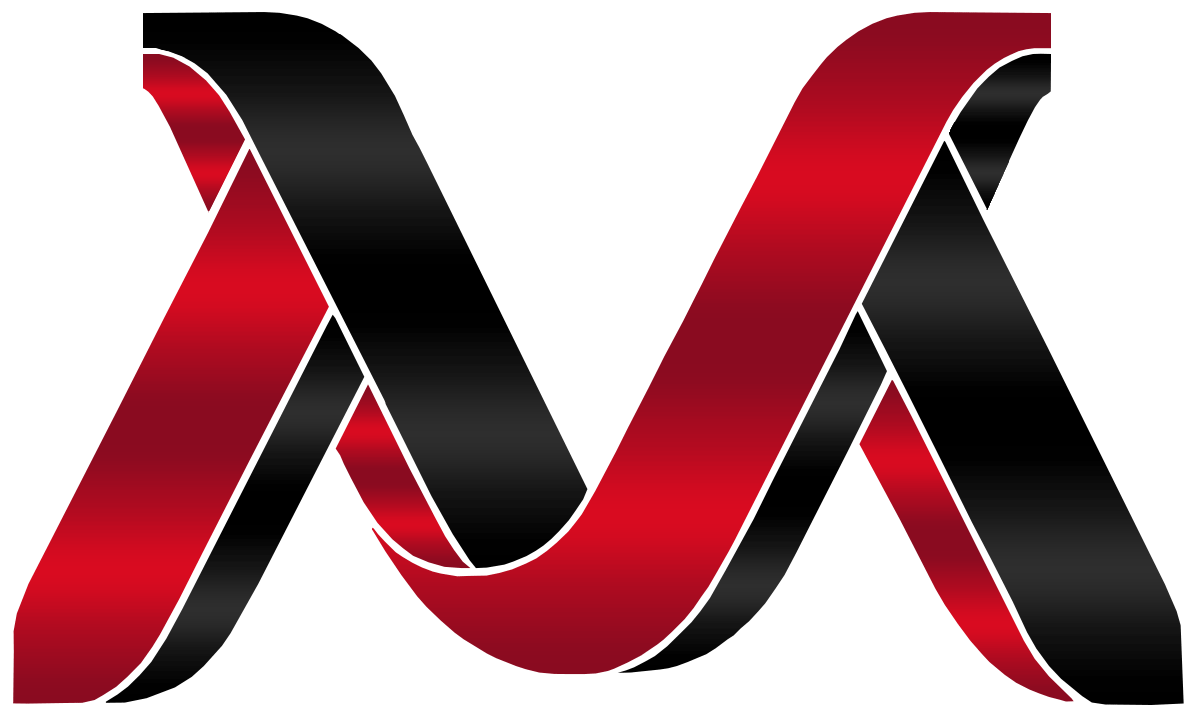
Here is a beginner-friendly list of essential SEO terms
These terms will help you better grasp the concepts used in SEO optimization.
Keywords: Words or phrases that people use in search engines to find information related to your business.
On-Page SEO Optimization: refers to techniques applied directly to your website to improve its ranking, such as content quality, keyword usage, and internal links.
Off-Page SEO Actions: refers to action taken outside your website to impact rankings within search engine results pages (SERPs), like backlinks from other sites.
Backlinks: Links from other websites to your own. These are important for SEO because they signal to search engines that your site is trustworthy and authoritative.
Meta Description: A brief summary of a webpage's content that appears under the page title in search engine results. It is meant to attract clicks.
Title Tag: The HTML element used to specify the title of a webpage. It is the clickable headline in search engine results.
SERP (Search Engine Results Page): The page displayed by search engines in response to a query.
Alt Text (Alternative Text): Descriptive text for images on your website to help search engines understand what the images depict.
Anchor Text: The clickable text in a hyperlink. It is used to improve the link's relevancy and keyword ranking.
Organic Traffic: Visitors who come to your site through unpaid search results.
Local SEO: Optimization techniques that help your business appear in local search results, such as on Google Maps or in location-based searches.
Crawling: The process by which search engines send out bots to discover new and updated content on the web.
Indexing: The process of storing and organizing content found during crawling, which is then used to provide relevant search results.
Algorithms: Complex computer programs used by search engines to retrieve data and deliver the best possible results for a query.
Page Speed: The amount of time it takes for a webpage to fully load. Search engines and users favor faster pages and are more likely not to bounce (abandon your site) quickly.
Conversion: Simply put, conversions equal a visitor performing some task on your site. It can be an online purchase or capturing their information on a form, for example.
These terms will give you a solid foundation to navigate the world of SEO. Happy optimizing.
